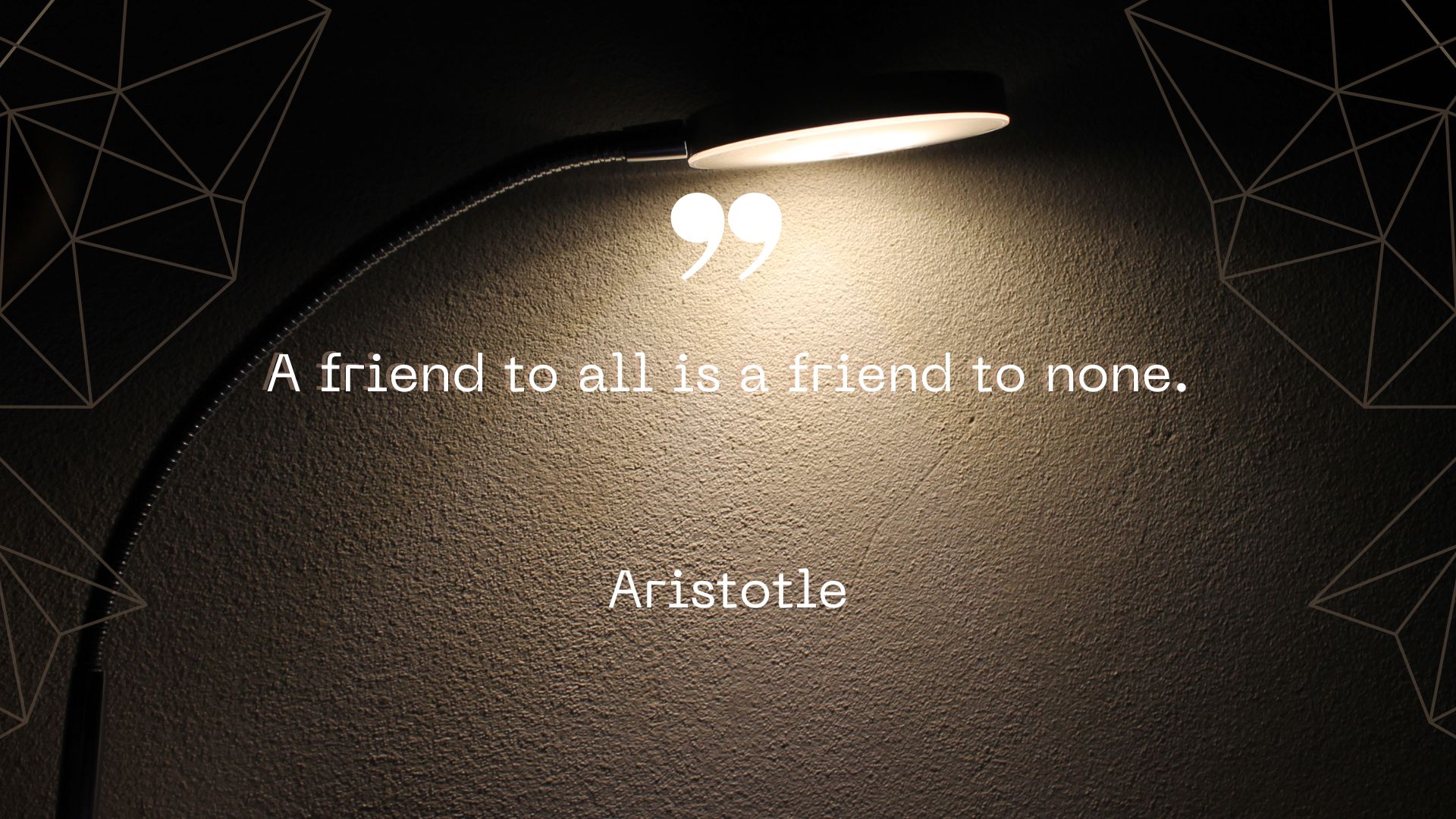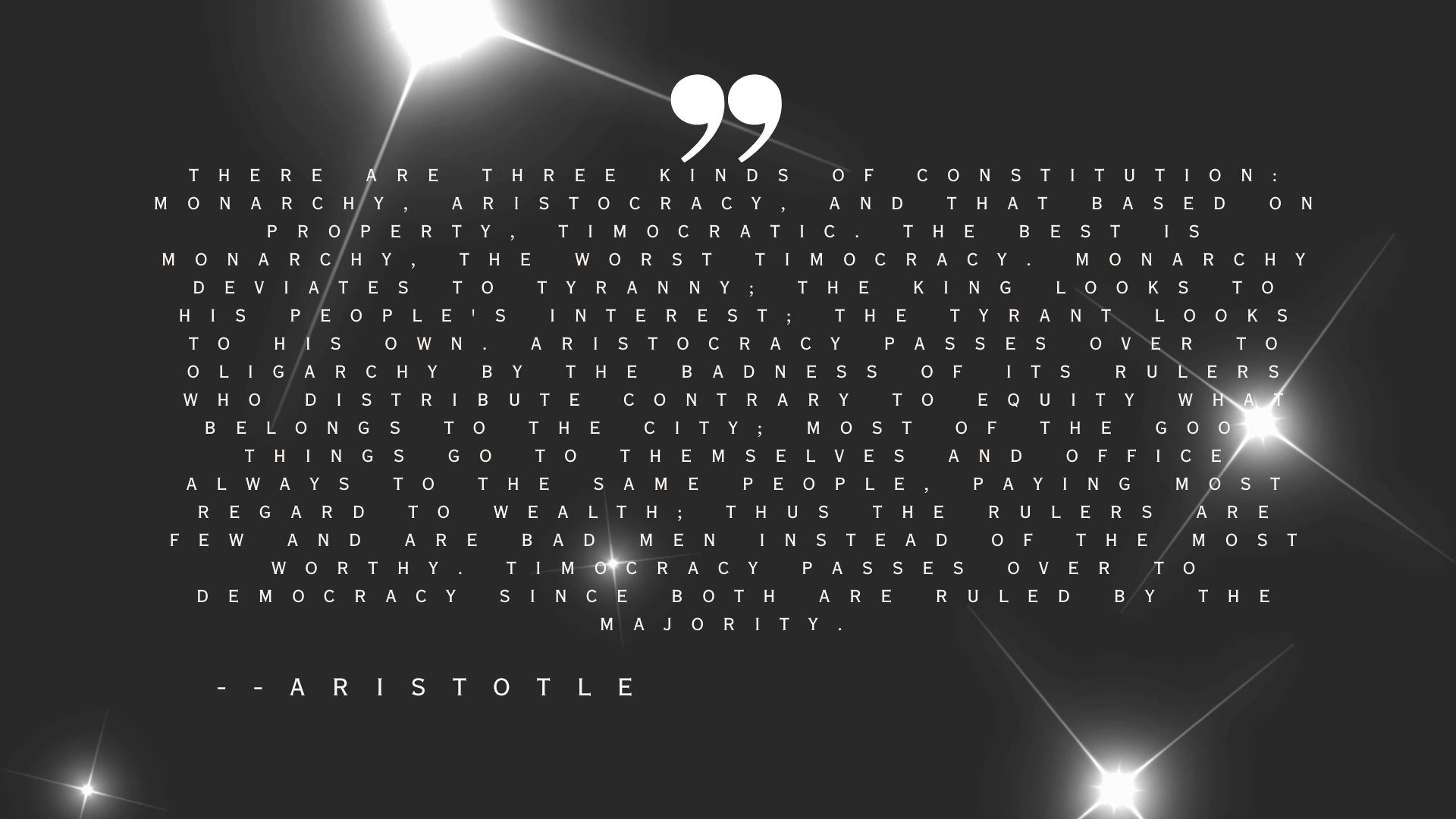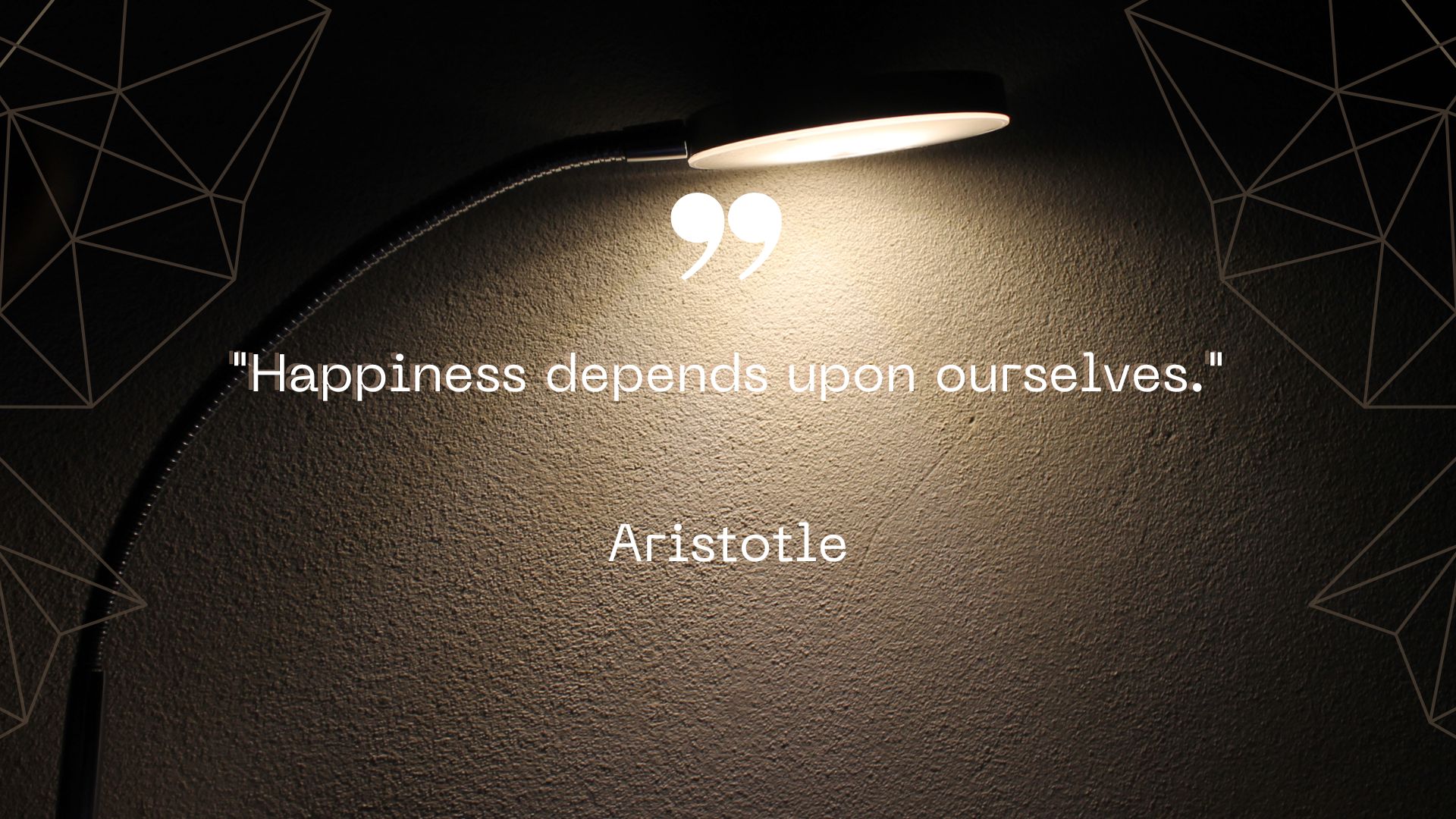“A friend to all is a friend to none.”
–Aristotle
Aristotle, the eminent Greek philosopher, had an exceptional understanding of human relationships and their complexities. One of his famous quotes, “A friend to all is a friend to none,” encapsulates a profound observation about friendship and the inherent limitations of trying to please everyone. In this explanation, we will explore the meaning behind Aristotle’s quote and break it down into subheadings for a comprehensive understanding.
I. The Paradox of Being a Friend to All:
Aristotle’s quote highlights a paradoxical situation where someone attempts to be a friend to everyone they encounter. At first glance, it may seem admirable to be kind and accommodating to all individuals. However, Aristotle suggests that this approach ultimately results in having no true friends. This paradox arises due to several underlying factors.
II. Superficial Relationships and Lack of Depth:
When someone attempts to befriend everyone, their relationships tend to remain superficial. They may engage in small talk and exchange pleasantries, but these interactions lack the depth necessary for genuine friendships to develop. Aristotle argues that true friendship requires a deeper connection, built upon shared values, trust, and understanding. By spreading oneself thin across a wide circle of acquaintances, one fails to cultivate these meaningful connections.
III. Inauthenticity and Distrust:
In the pursuit of being a friend to all, individuals may present a façade, concealing their true thoughts and feelings. This lack of authenticity can breed mistrust among others, as they sense the insincerity in the person’s interactions. Aristotle suggests that authenticity is a crucial element of friendship, as it enables individuals to connect on a genuine level. When attempting to please everyone, one is unable to showcase their true self, leading to a breakdown in trust and genuine connection.
IV. Allocation of Time and Energy:
Friendships demand time, effort, and emotional investment. When someone tries to be a friend to all, they spread their limited resources thinly, hindering their ability to truly invest in any particular relationship. Aristotle emphasizes that maintaining deep and meaningful friendships necessitates focused attention and care. By attempting to divide oneself among countless acquaintances, one inevitably dilutes the energy and time available for building substantial connections.
V. Conflicting Interests and Values:
Each individual possesses unique interests, values, and perspectives. Attempting to accommodate everyone’s preferences and beliefs can lead to conflicts and compromises that undermine the foundation of genuine friendships. Aristotle recognizes that true friendship requires a certain alignment of interests and values, which becomes increasingly challenging as the circle of acquaintances expands. The pursuit of universal friendship, therefore, may lead to compromising one’s own convictions or navigating conflicting interests, ultimately eroding the authenticity and depth of relationships.
Conclusion:
Aristotle’s quote, “A friend to all is a friend to none,” reflects his profound understanding of the complexities inherent in human relationships. By attempting to please everyone and befriend all, individuals risk diluting the depth and authenticity of their connections. Aristotle emphasizes the importance of cultivating meaningful friendships built upon shared values, trust, and authenticity. Rather than striving to be a friend to all, Aristotle encourages individuals to invest their time and energy in cultivating genuine relationships that enrich their lives and the lives of their companions.




